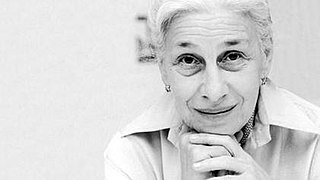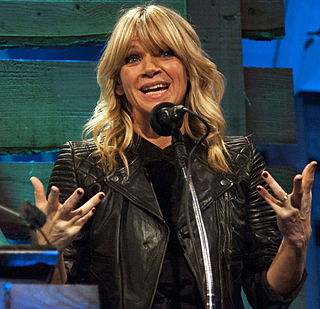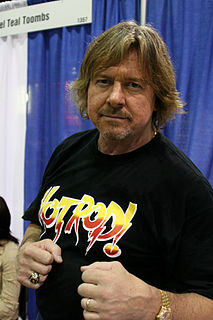A Quote by Patrick Bamford
Football is generally a working-class sport, and because of the fact I went to private school and was brought up slightly differently, people think that makes me a different person.
Related Quotes
I think people should be allowed to do what they want to do. I think that it doesn't make sense for a certain class to be able to get married and be treated differently when others are not. But I don't equate polygamy with same-sex marriages - and I know you don't either. Polygamy is a different story because it has different class differentiations in it.
I don't think about the audience, I don't think about what makes them happy, because there's no way for me to know. To try to think of what makes for entertainment is a very Japanese thing. The people who think like this are old-fashioned. They think of the audience as a mass, but in fact every person in the audience is different. So entertainment for everyone doesn't exist





































